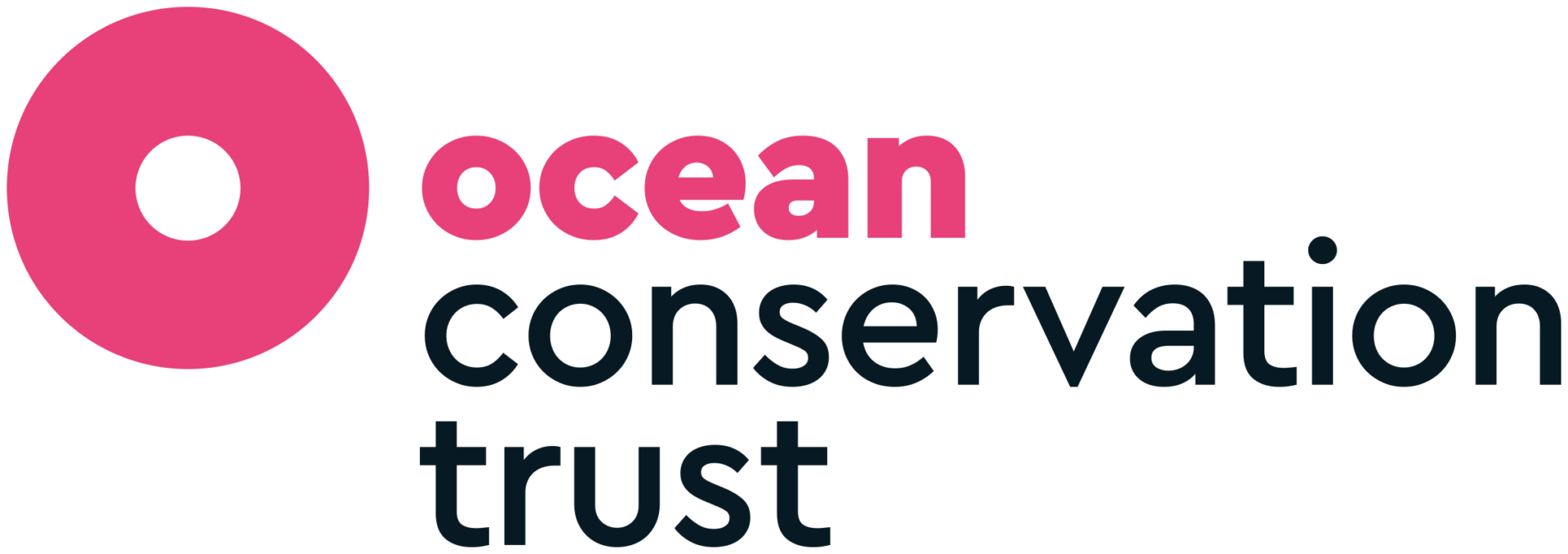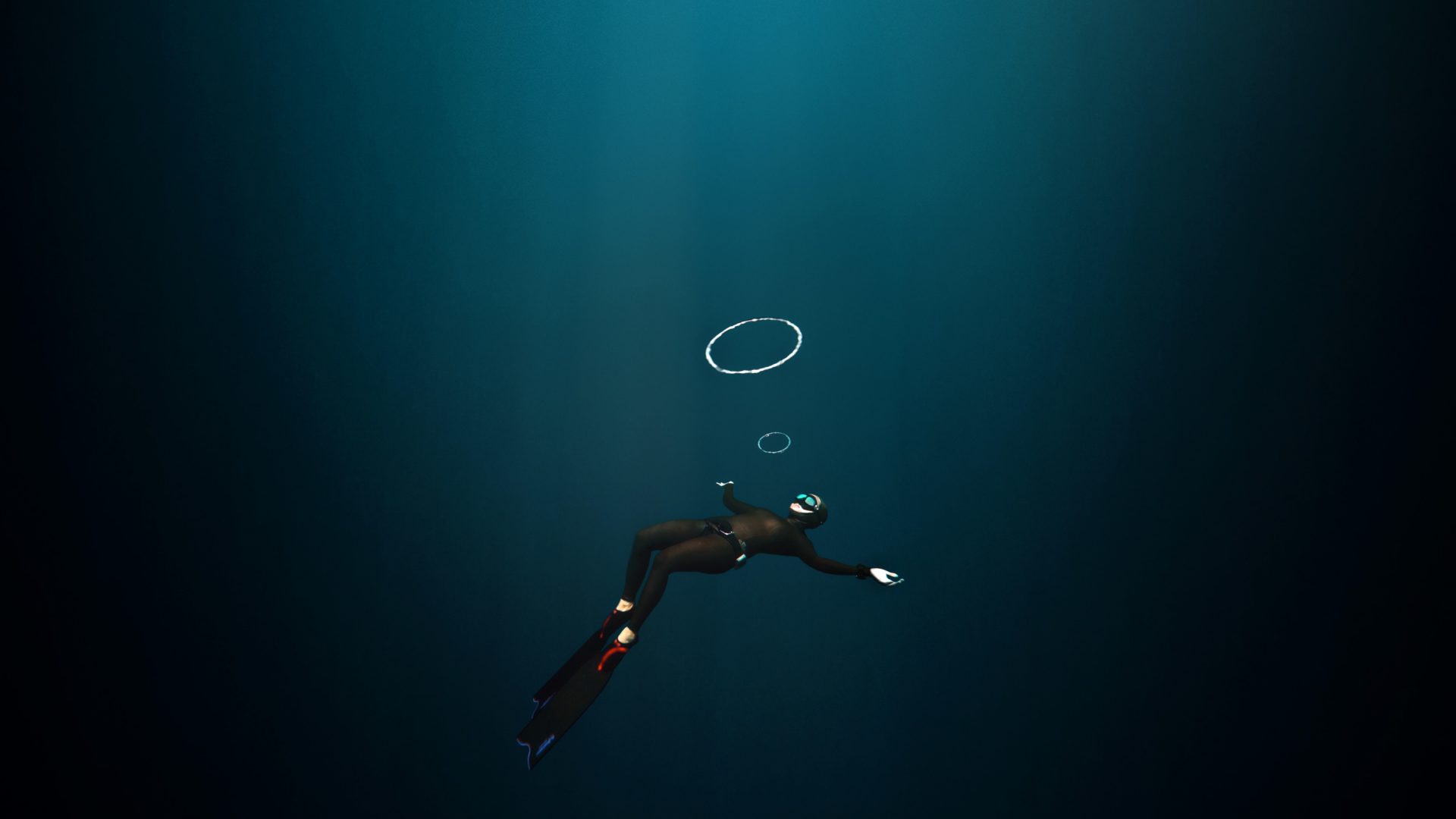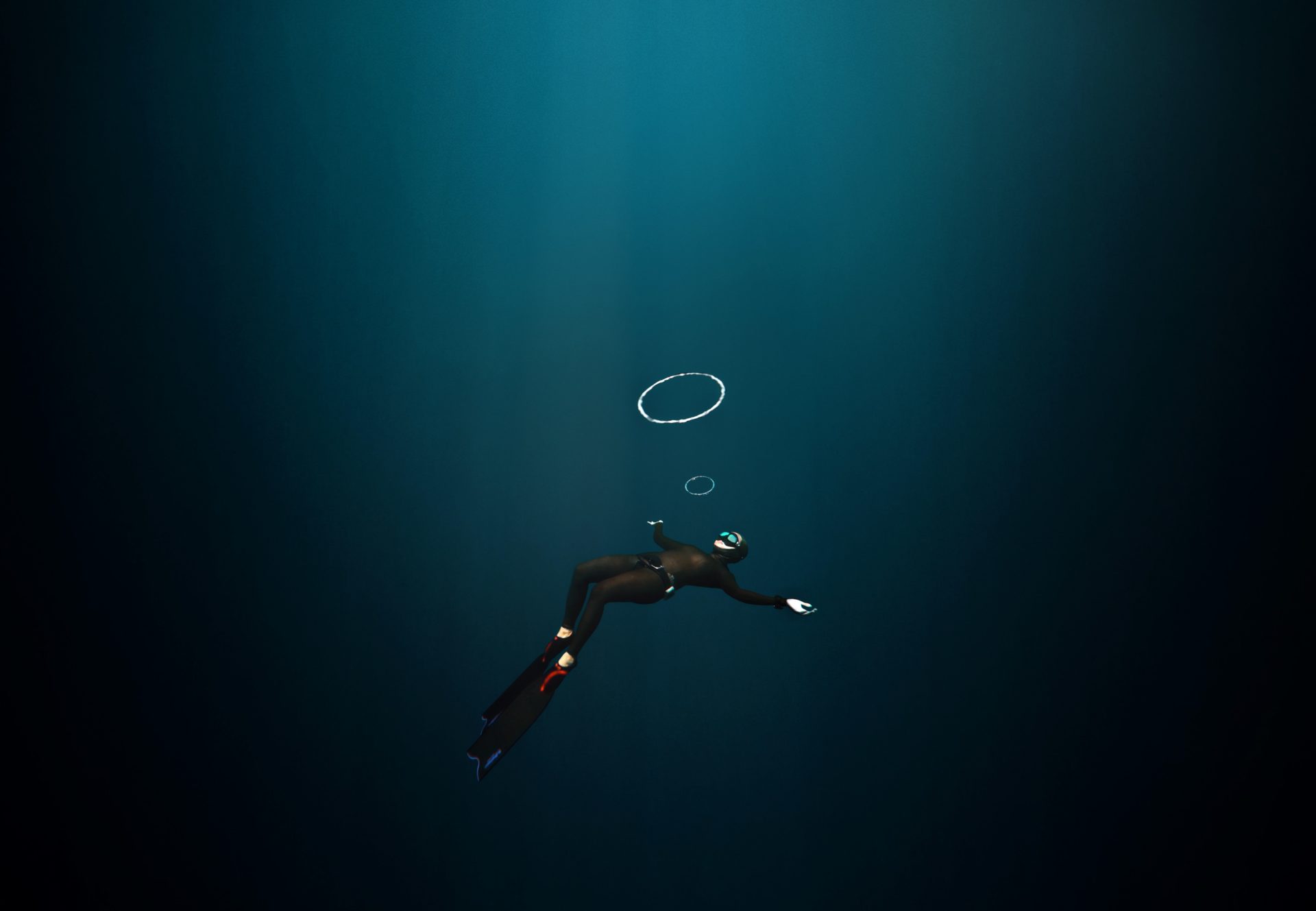The widely used definition of Ocean literacy is ‘the understanding of our individual and collective impact on the Ocean and its impact on our lives and wellbeing’.
The scope of Ocean literacy is now much broader, and covers programmes and activities in both formal and informal education and communication, ensuring that emotional connection to the Ocean and behaviour change are goals, rather than simply knowledge exchange.
Therefore, Ocean literacy is a fundamental means to enhance Ocean knowledge, build connections in people’s lives and support and encourage citizens and stakeholders to act in a positive way for our Ocean.
Modern Ocean literacy initiatives provide a way to advance sustainable practices, develop policy, promote responsible citizenship and encourage young people to be involved in the future.
History of Ocean Literacy
In 2002, recognising the lack of ocean-related subjects in formal education, a group of ocean scientists and education professionals in the USA initiated a collaborative and bottom-up process to develop a comprehensive framework to encourage the inclusion of ocean sciences into national and state standards.
In October 2004, the College of Exploration hosted a two week online workshop, Ocean Literacy Through Science Standards, that involved approximately 100 people representing key constituencies for improving ocean literacy. At the end of this online workshop, there was a consensus on the definition of ocean literacy, and on a set of principles, which were eventually narrowed down to the seven Essential Principles.
Principles of Ocean Literacy
1. Earth has one Ocean with many features.
2. The Ocean and life in the Ocean shape the features of earth.
3. The Ocean is a major influence on weather and climate.
4. The Ocean makes earth habitable.
5. The Ocean supports a great diversity of life and ecosystems.
6. The Ocean and humans are inextricably linked.
7. The Ocean is largely unexplored.
Ocean literacy caught the attention of the European Commission, who requested the formation of an experts’ group to develop an ocean literacy agenda for it’s future funding programme Horizon 2020 and to deliver recommendation on mechanisms and initiatives to better support marine science outreach and education in Europe. The recommendations provided by this group helped the European Commission to launch a European call for funding dedicated to ocean literacy.
The European Marine Science Educators Association (EMSEA) have been pivotal in promoting Ocean Literacy across Europe and the future looks bright, with Ocean literacy embedded into the plans for the UN Decade of Ocean Science for Sustainable Development (2021 – 2030).
Take a look at our Ocean Literacy in Action page to find out more.



